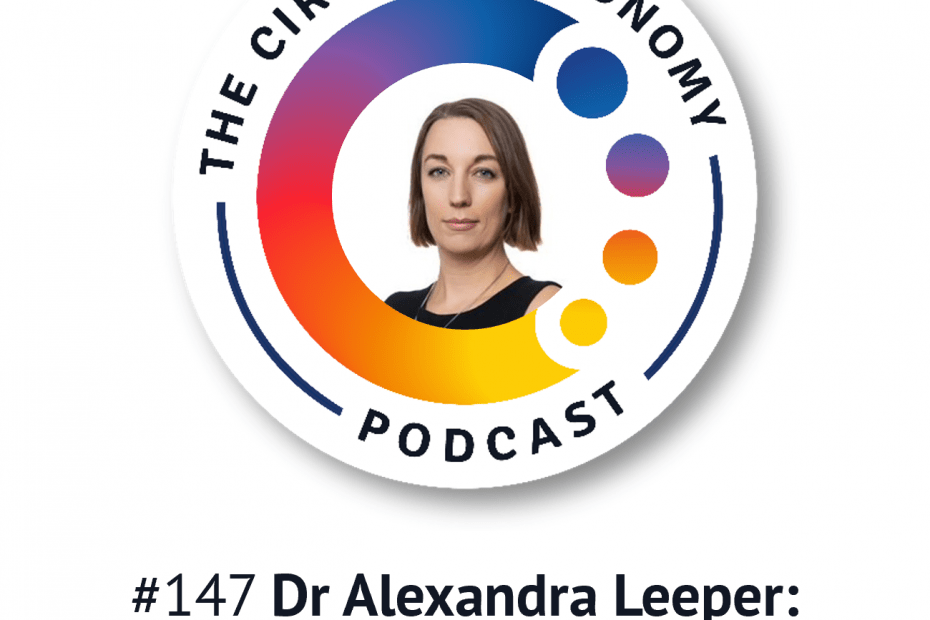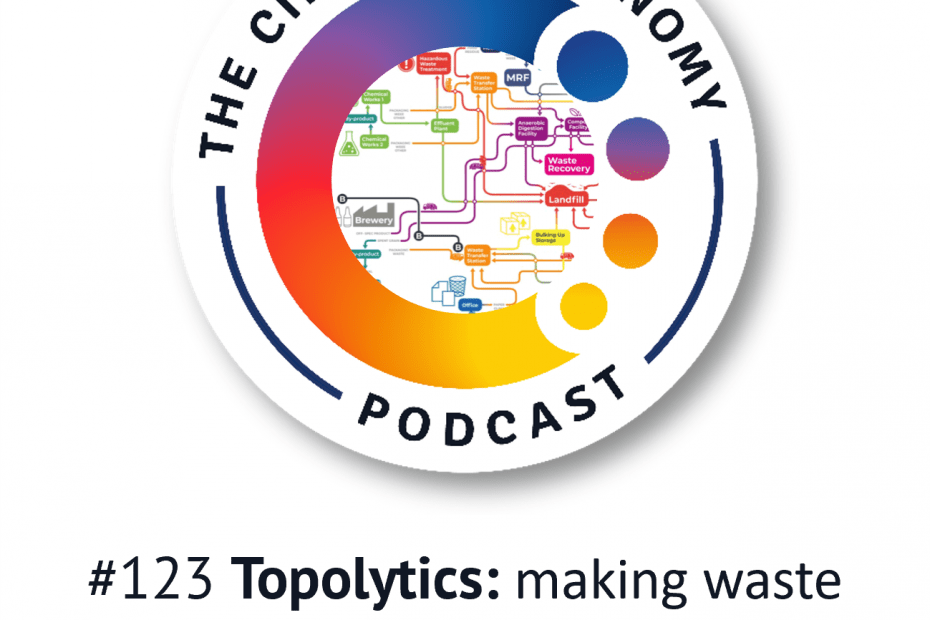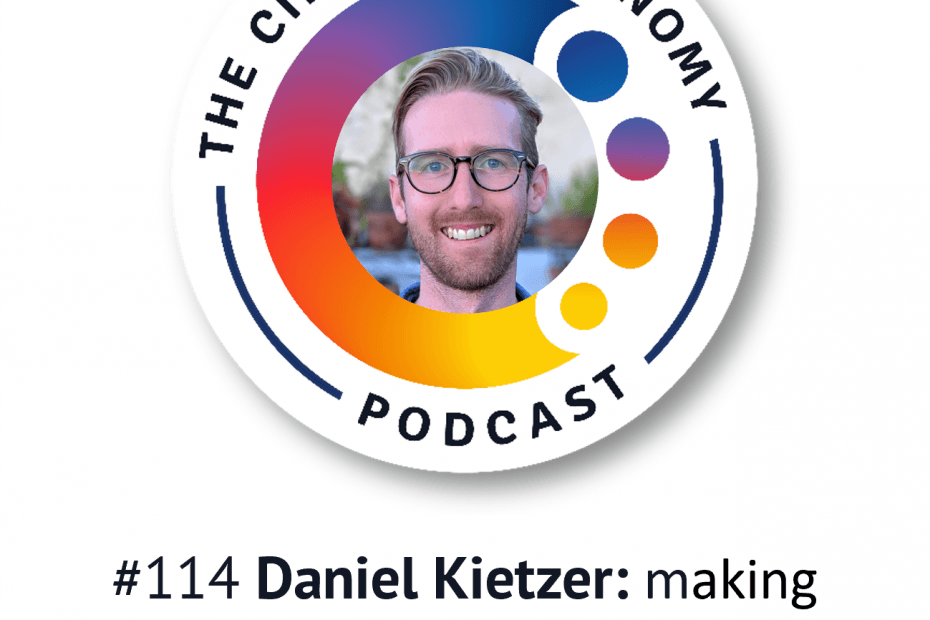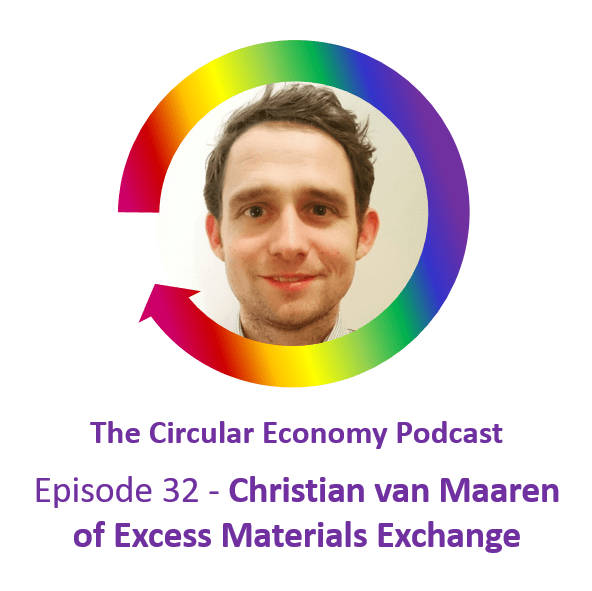147 Dr Alexandra Leeper: smarter ways to create value
Dr Alexandra Leeper, the CEO of the Iceland Ocean Cluster is passionate about the sustainable use of ocean resources. She’s working as a scientist intrapreneur in the blue and circular economies, drawing on diverse experiences from working all over the world in universities, consultancies, and at sea.
Alexandra has a background in marine resources and completed an industrial doctorate in aquaculture and circular economy in 2021. Her work focuses on sustainable value creation, positive impact in the blue economy and supporting the development of ocean clusters around the world.
The Iceland Ocean Cluster is at the center of maritime innovation in Iceland, with a mission to create value by connecting together entrepreneurs, businesses and knowledge in the blue economy.
They describe their flagship project, 100% Fish, as an ‘incredible fishy value machine’. 100% Fish is all about inspiring the seafood and fish sectors to utilize more of each fish, increase the value of each fish landed, support new business opportunities, increase employment and most importantly decrease waste. It’s incredibly successful – since the 1990s, the utilization of fishery by-products has increased 30-fold, the export value per kilogram of fish has risen by a factor of 4 and a wide array of different products have been developed.
Alexandra explains how that works in practice, and how it’s sparked a movement around the world, with other Ocean Clusters using the same approach to come up with their own incredible value machines, and create value for their local blue economies.




